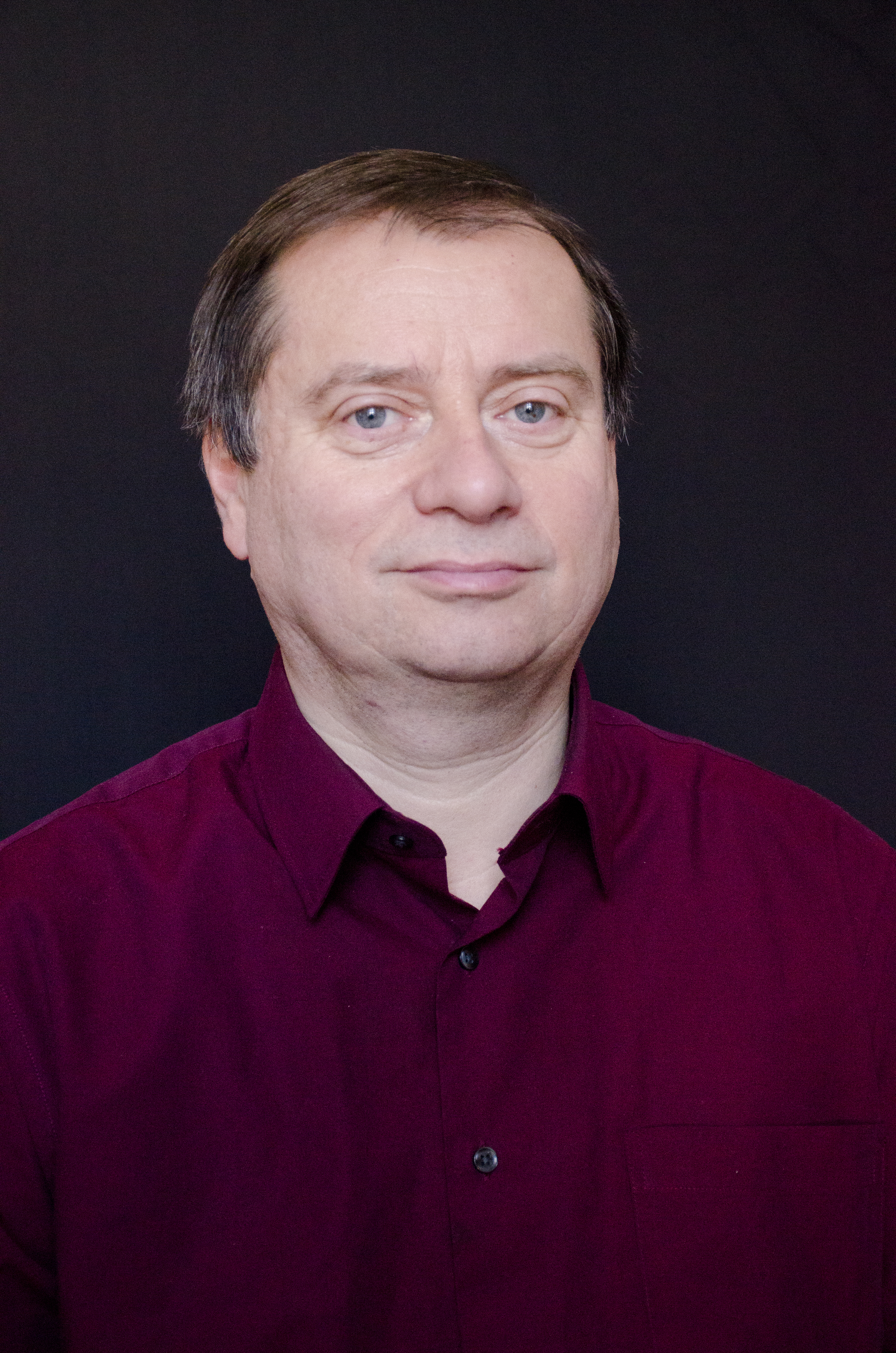I remember the communist era as a time of permanent greyness

Download image
P. Milan Vavro, a Catholic priest working in Slavkov u Brna, was born on 24 July 1963 in Hustopeče u Brna. Together with his family he lived with his grandparents in Starovice. In the 1950s, the regime forced his grandparents to join a cooperative farm, where they were then assigned the worst jobs. From the age of fourteen, he himself longed to become a priest. In 1984 he was admitted to the seminary in Litoměřice. Like many other theologians in his year, he was under the surveillance of State Security. He later became involved in the Society of Saint Gorazd and Comrades, which emphasized the Cyril and Methodius roots of the Christian faith in Moravia and is referred to as Christian dissent because of its anti-regime activities before November 1989. However, from today’s perspective and in the context of the narrative of the period of totalitarian Czechoslovakia, the references to the authoritarian way in which this community was led are at least raising some doubts. In 2022, Milan Vavro was living in Šlapanice in the Brno region.

